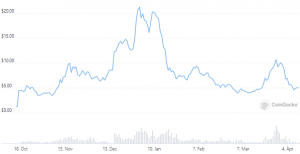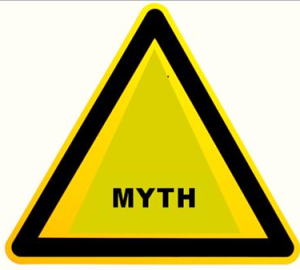 The stereotypes of the Millennial generation have been made clear over the last few years. Laziness, entitlement, and no respect for authority, right? Wrong! Although many believe Baby Boomers have this generation beat when it comes to value in the workplace, Millennials actually have many advantages over them. Here are just a few:
The stereotypes of the Millennial generation have been made clear over the last few years. Laziness, entitlement, and no respect for authority, right? Wrong! Although many believe Baby Boomers have this generation beat when it comes to value in the workplace, Millennials actually have many advantages over them. Here are just a few:
Breaking down the hierarchy.
Millennials don’t look at a corporate office and see the clear hierarchy of upper to lower management like Baby Boomers do. Although some may see this as Millennials lacking respect for authority, it’s actually quite the opposite. Millennials look up to their superiors, but at the same time, are not afraid to approach and engage them. Do they have a new idea on how to increase sales by hiring distributors? They won’t be shy to bring it right to the top of management. They desire an open and honest communication with their management so they can get a stream of valuable feedback and create lasting relationships.
Tech-savvy.
The obvious advantage that Millennials have over Baby Boomers is their technology skill. Millennials grew up using these tools and adapting as new technology was introduced, whereas Baby Boomers were forced to learn new skills to survive in the midst of their careers. Not only do Millennials have a better grasp of technology, but they use it to solve problems, increase efficiency and better the experience for the end user.
Better balance.
Millennials have long been criticized for their “lazy” behavior, or their understanding of the need for work life balance, a concept lost on previous generations. Although this may seem like a disadvantage to employers, after all, don’t you want employees to work longer hours? It actually isn’t! Think about it. The longer you expect employees to work insane hours with little time to themselves, the more you should expect these employees to burn out and turn bitter about their work. Millennials have found a way to create a healthy balance between work and life, allowing them to stay optimistic, engaged and motivated in the workplace.
Not about the money.
It’s unlikely for a Millennial to immediately expect a raise, demand a bonus at the end of the year, or compare salaries with co-workers. Whereas Baby Boomers allow their salary to define their success, Millennials are more concerned with how their work is impacting the company and the community. This generation is more interested in doing good than pulling in good money.
Outside interests.
Baby Boomers tend to allow themselves to be defined by their career, whereas Millennials define themselves not only by their job, but also by their passions outside of work, as well as their friends and family. By creating a more fulfilled life away from the office, Millennials are able to better develop a well-rounded skillset that can strengthen their performance at work.
Managing different generations in the workplace can be tricky. Are you fit for the challenge?
Business & Finance Articles on Business 2 Community(32)









